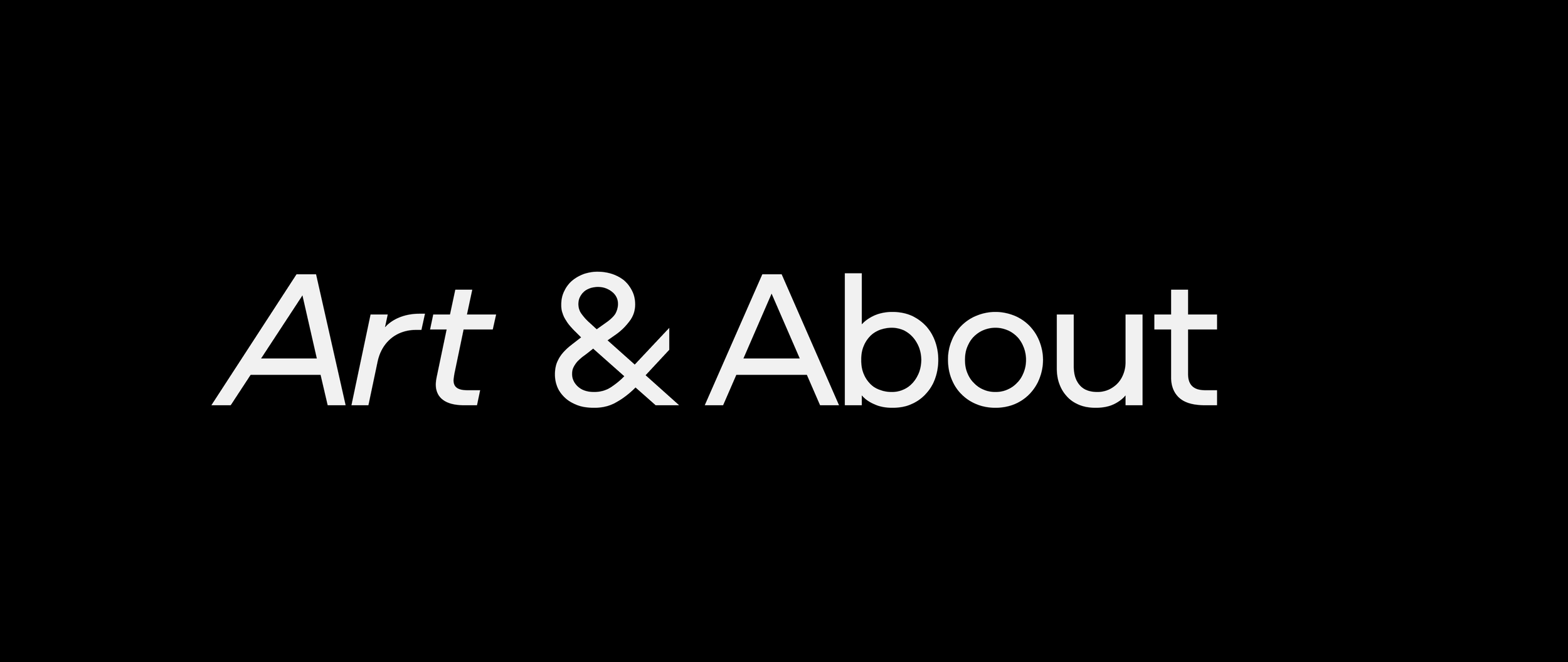End of Summer Lecture Series: "A Genealogy of Nonsense"
Guest Lecture with Gabriel Ritter (Curator, Head of Contemporary Art, Minneapolis Institute of Art)
Sunday, August 12th, 2018 at 6 PM
Mori Chihiro
IGIARI! (2009)
Acrylic and felt-tip pen on gess, cotton and wood panel
Collection of The National Museum of Art, Osaka
Within the Japanese vernacular the word “nonsense” has assumed various meanings throughout modern history, often being associated with radical expression that presented a challenge to the dominant discourse of the moment. In the early 1930s, “nonsense” was incorporated into the catch-all phrase ero guro nansensu which the Japanese mass media used to label decadent and salacious popular culture (literature, film, theater) that was viewed as a threat to traditional family values. Then in the 1960s, “nonsense” became the rally cry for the disaffected youth of Japan’s student protest movement to express their frustration with the current political and social situation at home and abroad. The rebellious and anti-establishment spirit evoked by the word “nonsense” from Japan’s past lives on today, reincarnated and rearticulated by a diverse group of young artists. Their work simultaneously reflects the precedent set by the “nonsense” of the 1930s—mislabeled as absurd and meaningless by the dominant discourse—while dismissing the dominant discourse itself as pure “nonsense,” reminiscent of the protest tactics of the 1960s. Using these historical precedents as its starting point, this lecture proposes the idea of “nonsense” as a critical framework linking Japan’s postwar avant-garde with contemporary art practices in Japan. This narrative aims at foregrounding socially engaged, politically conscious work that openly questions the status-quo and the power structures that shape daily life in Japan.
End of Summer is a cross-cultural art program based in Portland, Oregon at the Yale Union contemporary art center. It is comprised of an annual summer residency for artists from Japan, as well as a lecture series. Outside of this core summer program, symposiums, exhibitions and other related projects are also organized in Japan, and internationally.
End of Summer exists to build a dialogue between the U.S., specifically the region of the Pacific Northwest, and Japan through contemporary art. Through this entry point, the program aims to engage in a larger exploration of Japanese art in the era of global artistic practice, as well as the continual reconsideration of notions of East and West, center and periphery.

